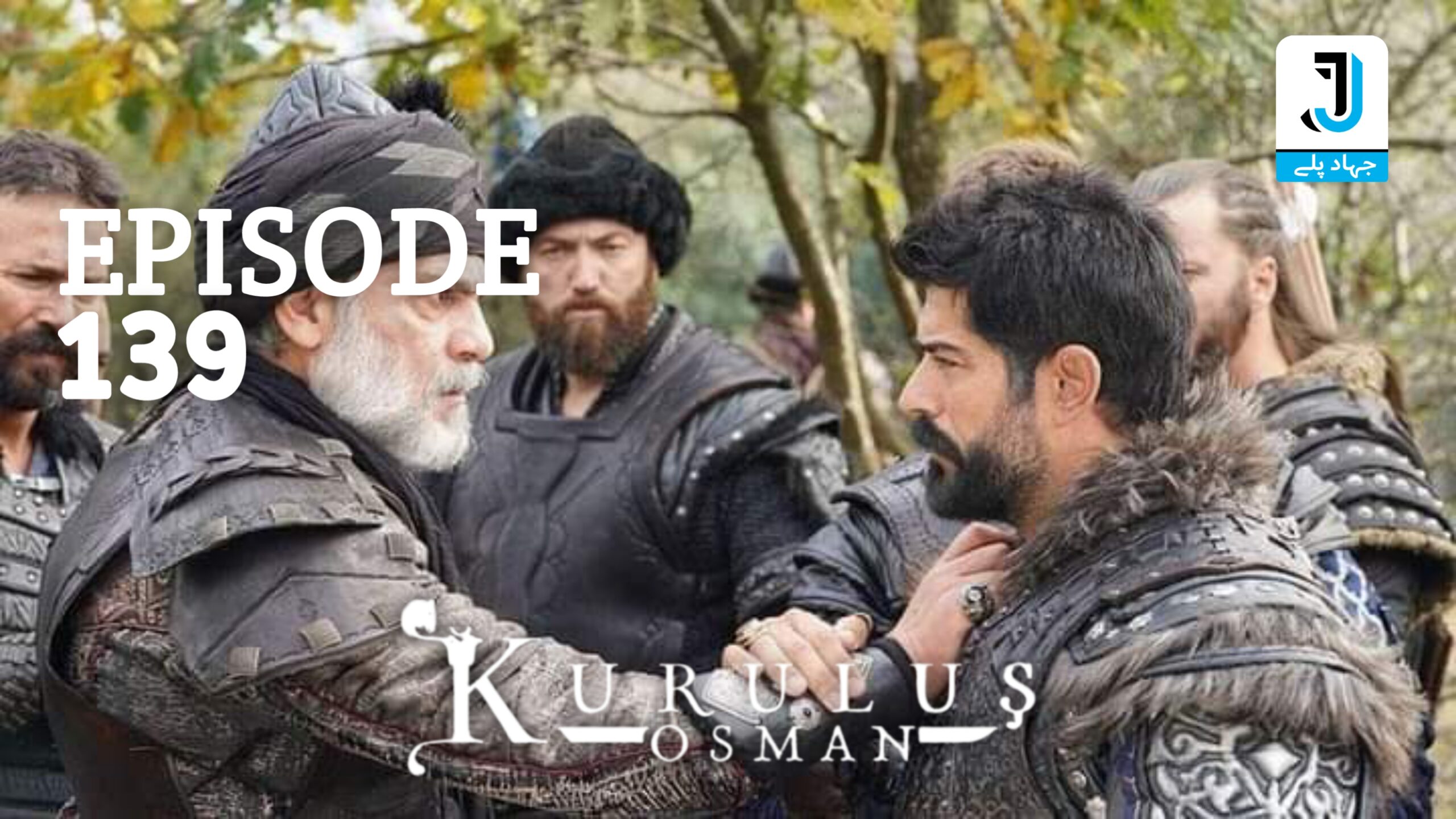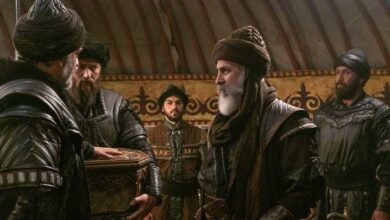Kurulus Osman Season 5 Episode 139 (09) With Urdu Subtitles By Jihad Play

Founder Of Ottoman Empire
In the annals of history, certain figures emerge who reshape the course of nations and define an era. One such luminary is Osman Ghazi, whose legacy as the founder of the Ottoman Empire remains etched in the annals of time. Osman Ghazi, also known as Osman I, was a visionary leader whose courage, wisdom, and indomitable spirit laid the groundwork for one of history’s most formidable empires.
Early Life of Osman Ghazi
Osman Ghazi was born in 1258 CE in the town of Sogut, in what is now modern-day Turkey. He was the son of Ertugrul Bey, the leader of the Kayi tribe, who played a pivotal role in the early years of the Ottoman state. Growing up in an environment fraught with political turmoil and tribal rivalries, Osman developed qualities of leadership and resilience that would serve him well in the years to come.
PLAYER 1
PLAYER 2
PLAYER 3
DOWNLOAD LINK :
Rise to Power
Osman Ghazi assumed leadership of the Kayi tribe after his father’s death. His tenure was marked by a relentless pursuit of a noble vision – to establish a sovereign state that would unite the scattered Turkic tribes and emerge as a force to be reckoned with in the region.
Under Osman’s leadership, the fledgling Ottoman state began to expand its territories. His military campaigns and strategic alliances with neighboring tribes led to the acquisition of key strategic locations, such as Bursa, Yarhisar, and Karacahisar. These early victories laid the foundation for the future Ottoman Empire.
Ottoman Empire Takes Shape
Osman Ghazi was not merely a conqueror; he was also a statesman and a visionary. His leadership principles included religious tolerance, a commitment to justice, and an unwavering dedication to the welfare of his people. These principles helped him garner the support of diverse ethnic and religious groups in the region.
One of Osman’s most significant achievements was the codification of laws and governance structures, which formed the basis of Ottoman administration for centuries to come. He established the concept of “Millet System,” which allowed religious and ethnic communities a degree of autonomy under Ottoman rule, provided they remained loyal to the state.
Legacy of Osman Ghazi
Osman Ghazi passed away in 1326 CE, leaving behind a burgeoning empire that would span three continents and last for over six centuries. His descendants continued to expand and consolidate the empire, eventually capturing Constantinople in 1453 under the leadership of Mehmed the Conqueror.
Osman Ghazi’s legacy is not confined to the territorial expanse of the Ottoman Empire. His name, “Osman,” is where the term “Ottoman” originates, highlighting his central role in the empire’s formation. His vision of a united and prosperous state, rooted in justice and tolerance, laid the groundwork for the Ottoman Empire’s remarkable success.
Today, the memory of Osman Ghazi endures in Turkey, where he is celebrated as a national hero and a symbol of the nation’s rich history. His story serves as a testament to the power of vision, leadership, and determination in shaping the course of history.
Conclusion
Osman Ghazi, the founder of the Ottoman Empire, stands as an exemplar of leadership, vision, and statesmanship. His legacy transcends time, and his impact on the world remains an enduring testament to the indomitable spirit of a man who dared to dream of an empire that would change the world.


